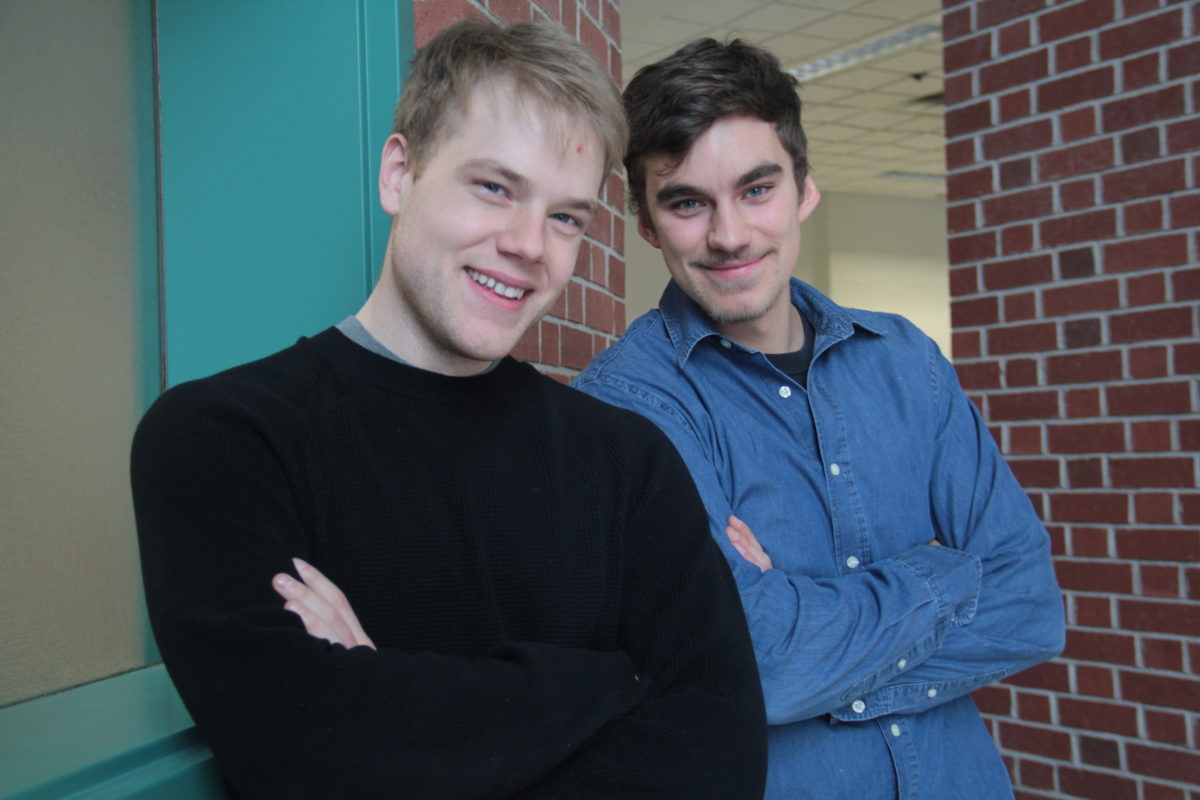Escaping a locked room using only your brainpower is the new trend in immersive entertainment. The economic downfall of escape rooms, however, is once you solve the puzzle with friends, you most likely won’t return until it is redesigned.
Escape rooms, as they’re called, began in Kyoto in July of 2007, according to a study by Scott Nicholson, professor at Wilfrid Laurier University in Ontario. Since then, they have spread to Europe, Australia and the United States.
Escape rooms work as puzzles. Usually, people enter in small groups. The goal is to decipher the puzzle and be released within the hour.
Shaun Donovan is the manager at Unplugged, a board game café downtown that has an escape room. He explained escape rooms are like movies.
“Once you’ve seen the movie, how many times are you going to want to go back and watch the same movie?”
Escape rooms get redesigned every six months to a year. But Dylan Renouf, student at Renaissance College majoring in Leadership and Seth Barkhouse, business student at the University of New Brunswick, might have found the solution for this. These young entrepreneurs are working on a mobile escape room start-up that will travel around the Maritimes this summer.
“We want to make it mobile so we can go to different towns and really extend the life of a product, as well as be able to bring it to people who don’t have access to this kind of entertainment,” said Renouf.
The entrepreneurs came up with the idea while driving back from Moncton to Fredericton.
“We saw a school bus. And we were like ‘Ah, that would be so cool to have a business in a school bus’ and that’s kind of where it started and we started talking about ideas.”
However, they decided against building the escape room inside the school bus because a special licence was required to drive it. Instead, they agreed a cube van would be a more viable option.
“It is like a van with a big box on the back of it. The room is actually going to be the box. So we are not going to pull out to an event and take everything out. The room will be already set up and people will get in,” said Renouf.
The start-up cost for this project is cheaper than most startups.
“This is going to be maximum $15,000 to start this and we should be breaking even mid-summer.”
Usually escape rooms charge $25 per person. Renouf and Barkhouse plan on doing the same thing.
Not only will an escape room cover more ground and customers, but they also save rent that stationary escape rooms must pay.
Donovan from Unplugged agreed this was a good idea that will increase profits.
“If they are travelling to new cities all the time where people haven’t done it before, they will be able to get away with using the same one [design] longer.”
The entrepreneurs are targeting businesses, festivals, school groups, among others.
This summer will be their “pilot tour.”
“We want to inspire other students to kind of see that [making a startup] as a viable option for summer … we want to support that independence,” said Renouf.
He explained Fredericton has many helpful resources like Planet Hatch, Ignite Fredericton and Technology Management Entrepreneurship to help students build startups.
“It’s a lot of work but there are a lot of obstacles that are taken down because we are in Fredericton and we have all this infrastructure for business startups.”
“Also,” added Barkhouse, “it’s going to be fun.”

